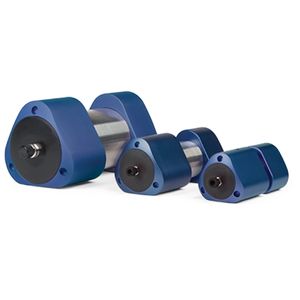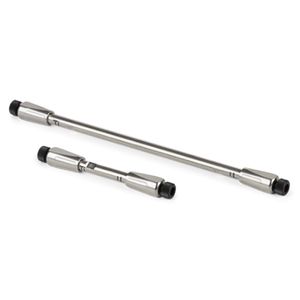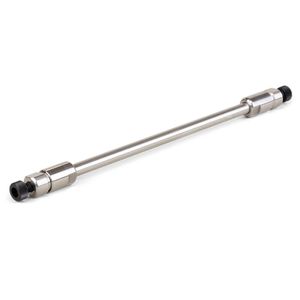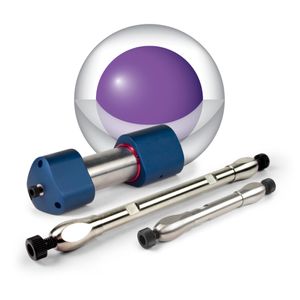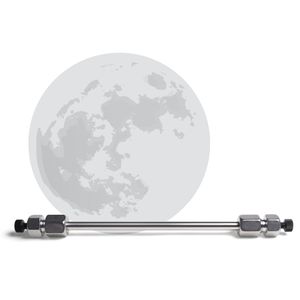
Max (H-2) HRP | Santa Cruz Biotechnology
mouse monoclonal IgG1; Max Antibody (H-2) is an IgG1 κ mouse monoclonal Max antibody (also designated MAX antibody, or BHLHD4 antibody) that detects the Max protein of mouse, rat and human origin by WB, IP, IF, IHC(P) and ELISA. Max Antibody (H-2) is available as both the non-conjugated anti-Max antibody form, as well as multiple conjugated forms of anti-Max antibody, including agarose, HRP, PE, FITC and multiple Alexa Fluor® conjugates. It is now well established that the nature and relative abundance of individual subunits of different classes of transcription factors can positively or negatively regulate levels of gene expression. Myc proteins homodimerize and bind DNA poorly, if at all, at physiological levels. Max is a nuclear localized bHLH-Zip protein initially identified by screening a B cell expression library with the bHLH-Zip region of c-Myc. Max homodimers and the Myc-Max heterodimers bind the sequence CACGTG; however the binding of the hetero-dimeric complex is stronger than the Max homodimer. The Max gene products have been identified as (Max) and (Max 9) proteins that differ by a 9 amino acid insertion N-terminal to the basic region. In contrast to Myc, which is highly regulated during progression through the cell cycle, Max is highly stable and is much more abundant than Myc. Two members of the bHLH-Zip protein family, designated Mad and Mxi1, homodimerize poorly but form heterodimeric complexes with Max that have opposing functions to Myc-Max heterodimers with respect to regulation of gene expression.





















